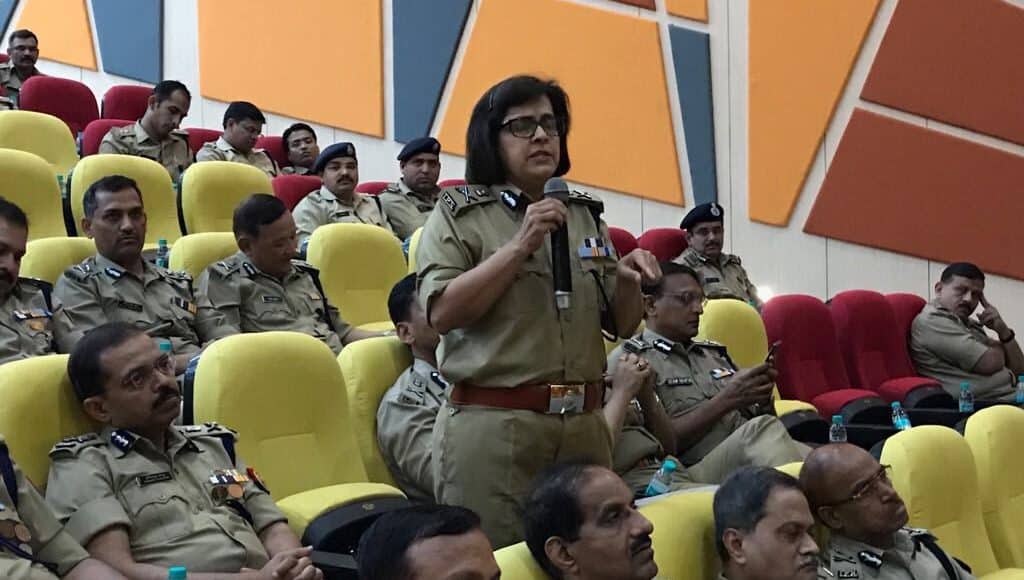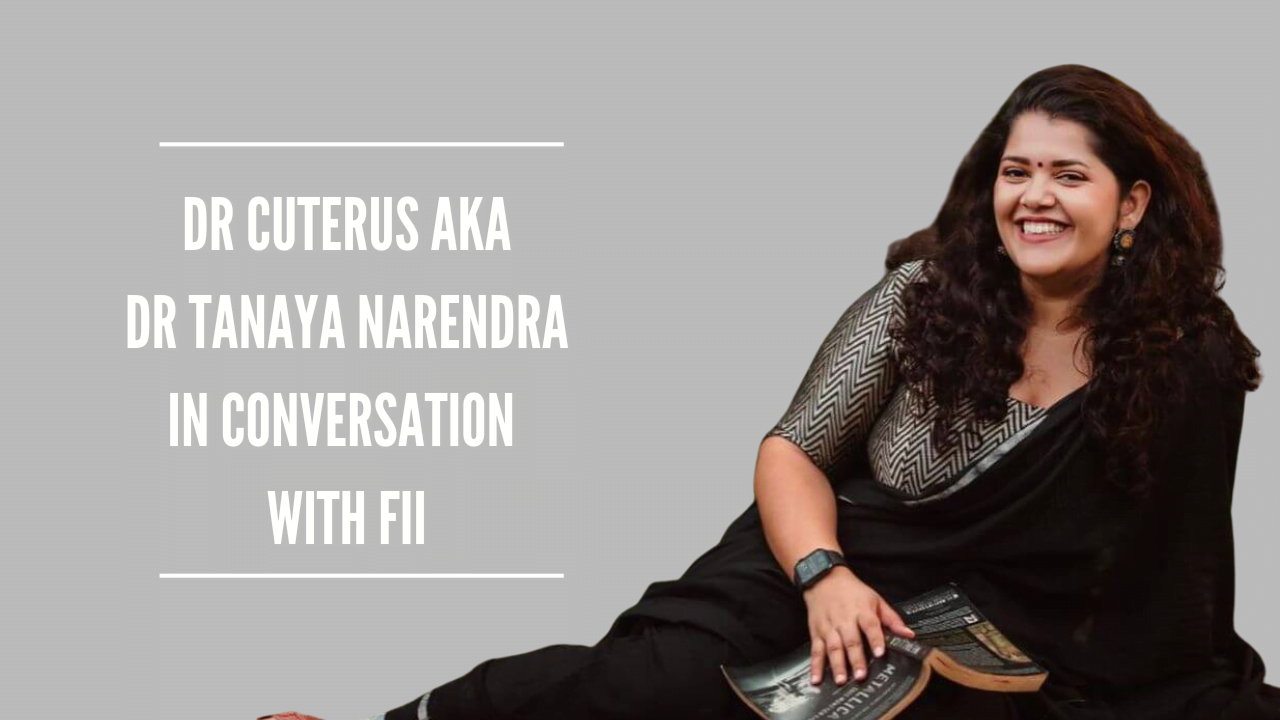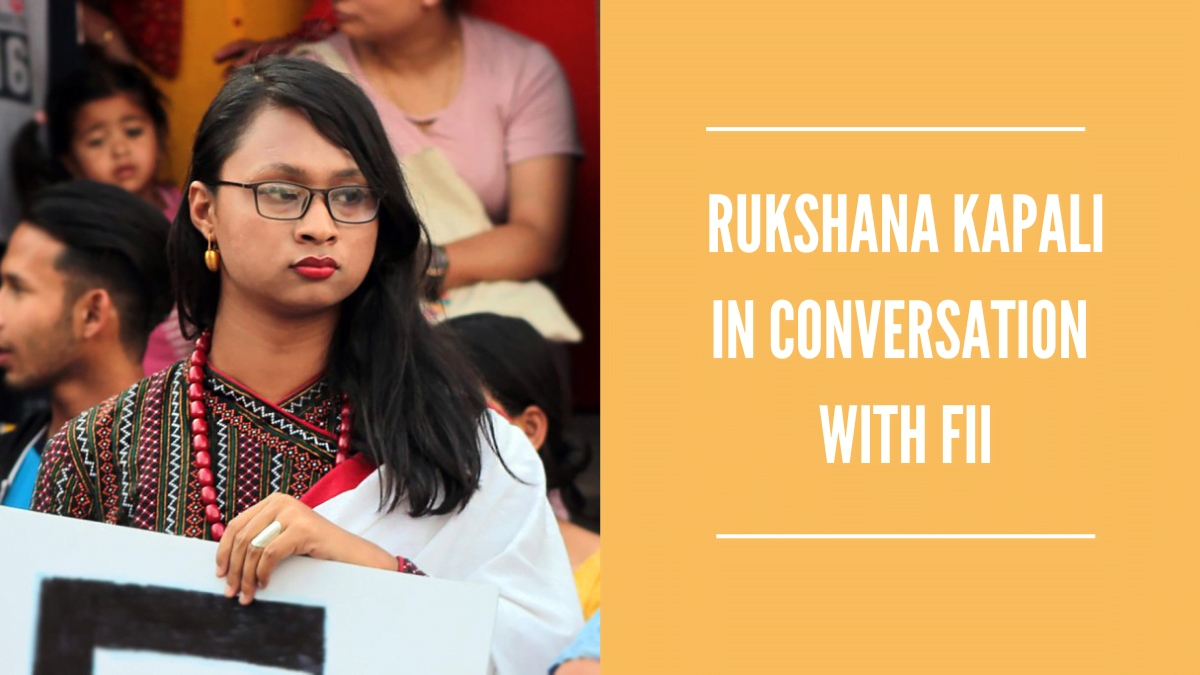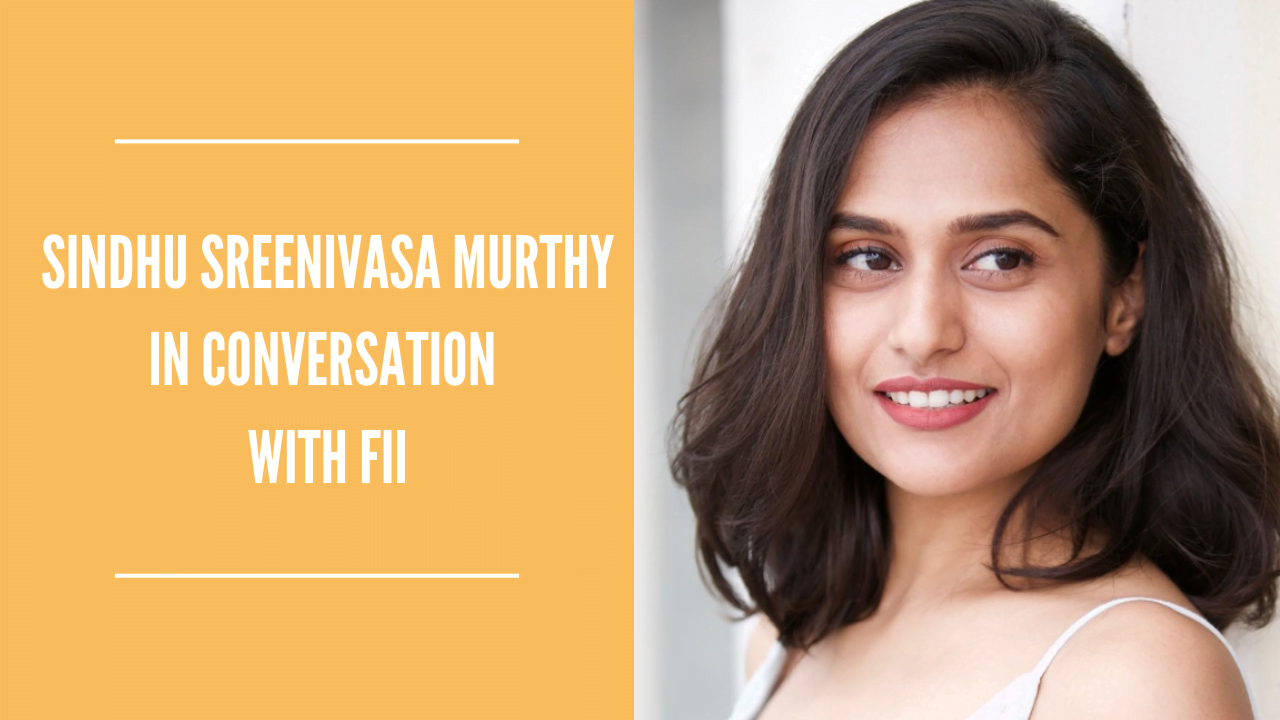Posted by Ayesha Marfatia and Sneha Philip
An officer of the Indian Police Service (IPS), Anju Gupta started her career with the Uttar Pradesh (UP) cadre in 1990, and currently serves as Additional General of Police, UP. Having worked across specialised units in the state, she now heads the Women Power Line 1090, a contact centre that combats harassment and violence against women.
Over the course of her career, she has held responsibility for critical initiatives and received distinguishing medals of merit. She has operated within the central government for eight years and has also worked with the United Nations in India, Europe, and Thailand. She developed Standard Operating Procedures on Human Trafficking for the International Organisation for Migration (IOM).
Anju Gupta is also a part of EdelGive Foundation’s initiative, The Influencers, a group of leaders, lending their voices to the concerns and challenges of women’s empowerment in their respective spheres.
In this conversation with India Development Review, Anju Gupta shares insights and learnings from her time in the IPS.
India Development Review: How did you come to join the IPS?
Anju Gupta: I went to college in the 1980s, and like many other young people at that time, I developed a socialist streak, accompanied by the desire to work towards the larger good. This is what influenced my decision to join the IPS. The police can have a great impact on people’s lives–both good and bad–and I wanted to be a part of such an institution, that works for the people. I also wanted a challenging career and felt that the IPS would offer me this opportunity.

IDR: What were some of these challenges?
AG: The first challenge was working in a male-dominated profession. But I adjusted quickly, realising that if I conducted myself in a professional manner, I would be accepted. There is a learning process involved in understanding what is expected of you, and how you’re expected to conduct yourself. I saw it as a learning opportunity.
Another challenge was that I did not realise the extent of the impact that the police can have on people’s lives, until I became a part of the force. I had to constantly ask myself whether I could fulfil the expectations of the people and the institution, and live up to the law in letter and spirit. It was challenging, but it also helped me realise that I wanted to steer my career in a constitutional and humanitarian direction.
There have been many learnings too, and one important lesson that I’d like to share is recognising that there is value in being open to different perspectives. Initially, this was a tough lesson to learn. But over time, I have learnt to appreciate that there is tremendous value in listening to and understanding varied perspectives while being cognisant of your own.
IDR: Over the course of your career, what changes have you seen within the IPS?
AG: There have been some significant changes. As a service, the IPS is more diverse today than it has ever been before. It is societal change that has brought about this diversification. More women, and more people from diverse backgrounds are joining the services. If you speak to doctors or IAS officers, they will tell you the same thing about the institutions that they represent.
“As a service, the IPS is more diverse today than it has ever been before. More women, and more people from diverse backgrounds are joining the services.”
The IPS has also become much more accountable–to people, the law, and the courts. This is a very progressive trend, and it percolates down the ranks.
Today, there is also more openness in the way that different levels of management interact. As generations are shifting, so are mindsets, and this has an impact within institutions. As society changes, so do its institutions.
Institutions typically change in response to something. And when this change comes from within, it lasts longer and is better accepted. When change is imposed from the outside, it may not achieve its purpose, and has the potential to weaken the institution.
IDR: How can you initiate or create change within an institution?
AG: Creating institutional change typically involves a transformation of culture, subcultures, and mindsets within the institution. In order to do this, along with a clear vision you also need to have passion. You may be able to create incremental change without passion, but sustainable, systemic change has to be driven by passion.
You also need to create buy-in with people across levels. If you have ideas, you need to test and diagnose them before you start promoting them. Make sure what you’re conveying to people is evidence-based. Do the hard work–collect data, and don’t rely on anecdotal evidence.
Most importantly, to enable institutional change, you have to approach it with an open mind, because preconceived notions only create a deadlock. Aim to have a constructive conversation, and avoid branding people by making sweeping statements.
For example, if you join an institution and complain that it is hierarchical, you have discounted the entire institution with one statement. The minute we straitjacket people or institutions, we make change a difficult thing to achieve. Sweeping statements can cost you in getting people on your side.
IDR: Let’s talk about the Women Power Line. What is the most significant change that it has made?
AG: The Women Power Line 1090 (WPL 1090) was set up in 2012, as a small centre for the city of Lucknow, with the objective of addressing the harassment faced by women, not just offline but also through social media or via phone–cyber harassment.
1090 or ‘dus-nabbe’ (ten-ninety) as it is called in Uttar Pradesh is a 24/7 toll-free number that women can call to register complaints related to issues such as harassment, bullying, and stalking. It has grown significantly since it was set up and in 2018 alone, over 2,66,000 complaints were registered, of which 99.81 percent of them were resolved. From 2017 to 2019, the share of calls from rural areas went up from 14 percent to 46 percent.
“Women often hesitate to go to the police station to file a complaint, and often, crimes and harassment go unreported because of this.”
Once a complaint is lodged, our team stays in touch with the woman till the complaint is resolved. Women often hesitate to go to the police station to file a complaint, and often, crimes and harassment go unreported because of this. The WPL doesn’t require the complainant to be physically present at a police station to file an FIR. She can simply call 1090, and we will pass on her complaint to the police station through an app that we have developed.
When it comes to the perpetrators, we attempt to counsel them first. It’s a strong preventive measure. People are emboldened to become more violent when they are not properly counselled. Our most significant contribution is that we are stopping harassment. And, when you do this, other crimes against women also reduce.
Also read: In Conversation With Abirami Jotheeswaran: Dalit Human Rights Activist
IDR: What are your thoughts on how we can address an issue like violence against women, that is entrenched in a patriarchal society like ours?
AG: I think the first and most important thing is to talk about it. We need to strengthen the public discourse around violence against women in order to create a change in people’s mindsets. We also need to create an atmosphere of tolerance for discussing the topic. Whether on social media, in schools and colleges, at home, on TV, in print–we need to start conversations about this.
When we talk about it, this sends out a signal that this is a matter of concern. Once we start, institutions will start taking responsibility towards preventing it, instead of sweeping it under the carpet.
We also need to get rid of the notion that this is just a women’s issue. It concerns boys and men as much as it concerns women, and engaging with them in dialogue will make it far easier to counter ignorance and question attitudes. An ‘us versus them’ approach won’t work.
IDR: According to you, what should be the role that civil society plays in India? What can it learn from the state?
AG: Civil society represents a different perspective, one that does not come naturally to the government, the state, or society. It can play an important role in bringing these points of view–such as the violation of rights–to the attention of the rest of society. However, this also needs to be backed by research and evidence. Anecdotal evidence is not enough.
Civil society needs to understand that people act under different compulsions–it’s important to acknowledge and understand these if you are trying to create sustainable change. If you can appreciate and handle diverse viewpoints, then you have a better chance of creating dialogue. Civil society can however be very rigid, and averse to changing its perspective. In my opinion, changing your perspective is not equal to giving up.
Also read: In Conversation With Aqui Thami: The Founder Of Sister Library
Ayesha is an analyst at India Development Review. At IDR, in addition to writing and editing, she handles research driven reports and curated content. Her work has been featured on The Wire, Scroll.in, and Quartz India. Ayesha holds a BA in Sociology and Anthropology from St Xavier’s College, Mumbai.
Sneha leads content development and curation at IDR. Prior to IDR, she has worked at Dasra and EdelGive Foundation and AIESEC, and was a founding member of SELTI International (now Educate Learning Center), a language training company in Budapest. She has an MA in Development Studies from the Institute of Development Studies, University of Sussex and a BA in Economics from St Xavier’s College, Mumbai.
This interview with Anju Gupta was previously published on India Development Review and was republished here with consent.
Featured Image Credit: Anju Gupta/UP Police Twitter




